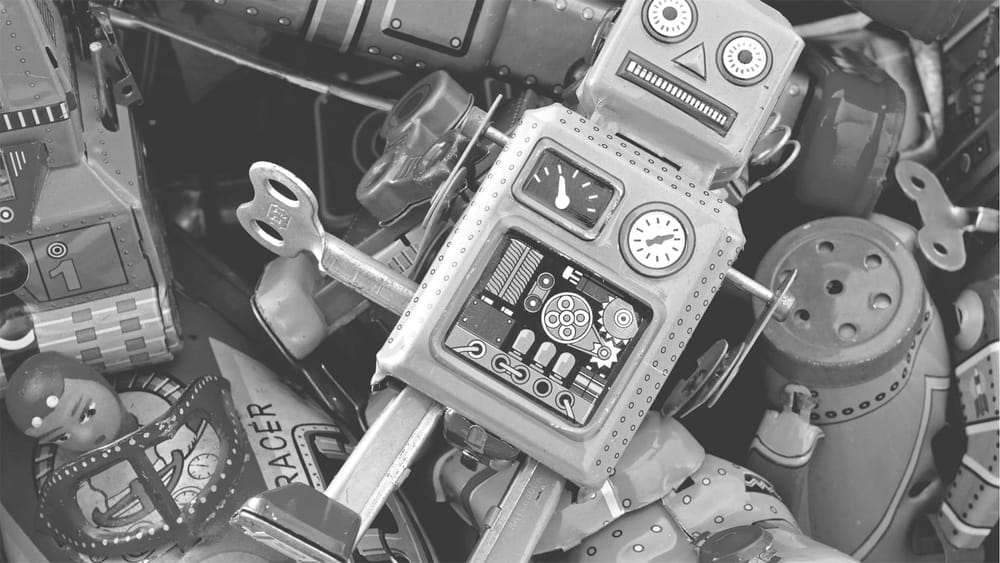The Pitfalls of Relying Solely on AI for Content Creation
In today's fast-paced world of content marketing, keeping up with the demand for high-quality content can feel like an uphill battle. The constant need for research, writing, editing, and approval processes can easily overwhelm even the most dedicated marketing teams. In an effort to stay competitive, many turn to artificial intelligence (AI) to streamline their content creation process. While AI offers undeniable advantages in terms of efficiency and productivity, it's important to recognize its limitations and pitfalls.
At first glance, the idea of AI-generated content seems like a dream come true for busy marketing departments. With AI, you can churn out articles, whitepapers, ads, and social media posts at a fraction of the time and cost compared to traditional methods. Your team's productivity skyrockets, and you can finally keep pace with the content demands necessary for effective marketing.
However, as many have discovered, the reality of relying solely on AI for content creation is far from ideal. Despite its ability to produce vast amounts of content quickly, AI often falls short when it comes to quality and authenticity. AI-generated content lacks the human touch, personality, and unique insights that are essential for connecting with audiences on a deeper level.
One of the biggest challenges with AI-generated content is the editing process. While AI can generate content based on specific prompts, it often produces subpar or irrelevant material that requires extensive editing and refinement. This not only adds to the workload of already busy marketing teams but also dilutes the overall quality of the content.
Moreover, AI-generated content often lacks a discernible personality or brand voice. Without a distinct voice and tone, content can feel generic and uninspired, failing to resonate with target audiences. In an era where authenticity and brand identity are paramount, this can be a serious detriment to marketing efforts.
Another crucial aspect to consider is the importance of providing genuine insights and expertise to your audience. While AI can mimic the style and structure of content, it cannot replicate the depth of knowledge and expertise that comes from real human experience. Customers and clients are not looking for regurgitated information from other sources—they want original insights and perspectives that only you can provide.
Ultimately, AI should be viewed as a powerful tool in the content creation process, rather than a substitute for human creativity and expertise. By leveraging AI to streamline certain aspects of content creation, such as research or data analysis, marketers can free up time to focus on what truly matters: crafting compelling narratives, sharing valuable insights, and building authentic connections with their audience.
In the ever-evolving landscape of content marketing, the human element remains irreplaceable. While AI may offer efficiency and convenience, it is up to marketers to harness its power responsibly and ensure that their brand's unique voice and perspective shine through in every piece of content they create.
As we navigate the intersection of technology and creativity, let us remember that while AI may assist us in our journey, it is our human ingenuity and passion that truly set us apart.
